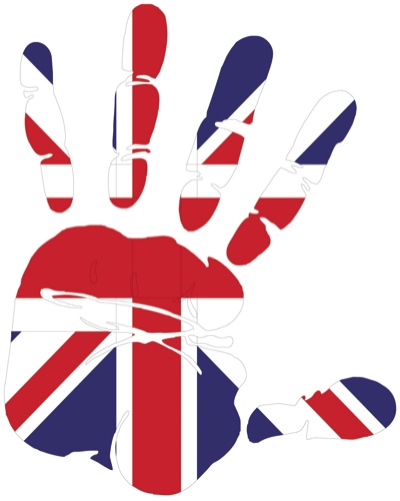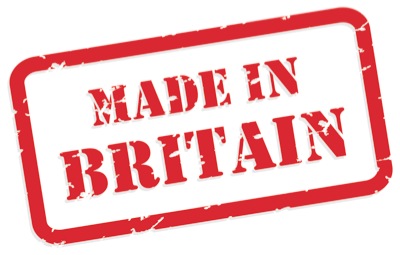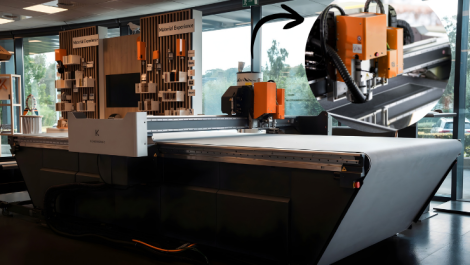Hundreds of years ago, the great world beyond British shores was stacked with potential opportunity for the intrepid explorer. Good news: it still is for daring British companies.
What sells at home can sell abroad. This is a maxim that many companies are discovering to be true within the print industry. Exact figures are difficult to come by, but the BPIF’s research and information manager Kyle Jardine states that the UK exports around £3 billion of printed matter every year, and that there is a ‘healthy positive balance of trade for printed materials’. Not all of this is traded directly by UK printing companies. In fact, the vast majority (over 95%) of trade is conducted by publishers and other clients, rather than by the printers themselves.
Taking this as a rough yardstick, it would seem that printing companies are therefore directly responsible for about £150 million of exported print. There are a good many other complications however. Not all of the print industry is in the same statistical classification.
Mr Jardine speculates that it may be large packaging groups and printers with some specialist niches that are most likely to directly export. Again though, items may be bought locally and then exported. Also, a reasonable amount of direct exports from printers may come from companies in Northern Ireland, as they are more likely to export to the Republic of Ireland.
Whichever way the numbers are sliced and diced, export remains a great untapped opportunity for most UK printers. As Lord Green states in the Foreword to Best of British, exporting helps firms to grow, becoming more productive, more resilient and more competitive.
‘They can achieve economies of scale, increase the commercial lifespan of their products and services, and raise the returns on their R&D investment. And once they have taken those first steps, UK firms don’t look back.
The majority of firms that start selling overseas make exporting a core part of their business plans in the future.’ Many companies do not know where to start however. A good place for that is UK Trade & Investment (UKTI),the Government body responsible for supporting UK businesses seeking such opportunities (as well as encouraging international companies to invest in the British workforce).
This organisation helps British companies to address export markets through offering expert advice and practical support in a range of programmes. One company that has already taken advantage is the Leeds-based creative and digital services provider The Works Ltd, which has reached successfully into the Brazilian market with UKTI’s help. Design director Dave Gledhill commented: ‘We received fantastic information from UKTI here in the UK and from UKTI staff in Brazil. Without this, it would have been a much more tortuous learning experience.’
TJ International, a major Cornwall-based book printer featured in Best of British, has a thriving overseas market, exporting to Europe, and with partners operating in the USA, Asia and Australasia.
You do not have to be a large company though. UKTI says that the vast majority of businesses it works with are SMEs, and 20% are new exporters. ‘Print businesses of every shape and size have the capability to go global, and there are opportunities available in every corner of the world,’ added UKTI’s Alastair Gardner.

Making a mark
British businesses that supply equipment and services to the printing industry have also experienced notable success in international trade. In the early days of repeating the trick for the second time with a printing system manufacturer is LumeJet’s Paul Anson, who was a major factor in Inca Digital’s export success.
This company grew from seven people in 2001 to become a multimillion pound turnover company with business in Europe, North America, Asia Pacific and China, employing 180 people, in about five years. Queen’s Awards followed.
Mr Anson said: ‘For me, the key to success in export is to motivate sales channels and give customers an experience that makes them feel like they are buying locally.
Sales without great technical support leads to no sales; and dealers or distributors (or direct employees) that cannot make a good living in providing sales and support will turn their focus elsewhere. It is harder to support from afar so the best people must be in the position of supporting export markets’operations – the technical guy on the phone, the local company technical representative, the channel manager.
‘The channel partners need to be able to make money from sales, and then make even more if the customers are happy. If the support is great and everybody is winning, growth follows. It’s also important that export customers have access to the UK management in collaboration with channel partners, especially for smaller suppliers – this means some travel and unsociable hours, but no customer must feel like they are in the second division.’
In software too, the UK also performs well, with both Vpress and Tharstern enjoying international success in their markets. Abdul Kassas of Tharstern said that historically the focus of the business had always been the UK and Ireland, but over the years a number of enquires and opportunities from printers overseas presented themselves.
‘Mindful of how best to provide support to the various territories, we are currently active in Cyprus, Kenya, South Africa, across the Middle East including Lebanon, Egypt and Bahrain, and Australasia. With the advent of new products and services there is a plan underway to extend our activity into other territories in the hope of emulating our success on a global scale.’
Watkiss Automation, which has exported its unique SquareBack book finish around the world, such that it is now considered commonplace, sees two aspects as being vital: a unique offering, and upholding traditional values in dealing with international clients and distributors.
Around three quarters of its factory output is exported, and it has machines installed in more than 80 countries around the world. It has won two Queen’s Awards for International Trade.
Sales director Paul Attew said: ‘For us it has been about having a unique and sellable product – being able to offer something that your competitors have not got – and being very loyal to our distributors.
‘The UK is an expensive place to manufacture so we will never win on price, but if your product offers something different in the market, you are more likely to sell it. Our PowerSquare is a unique product in the world. ‘We keep our distributors for a long time and build relationships with them. We know them personally. They demand a level of fairplay, so we are always very straight with our customers.’
Whether you are a printer or an equipment supplier, there are good lessons to learn from the experience and example of these successful British exporters.





